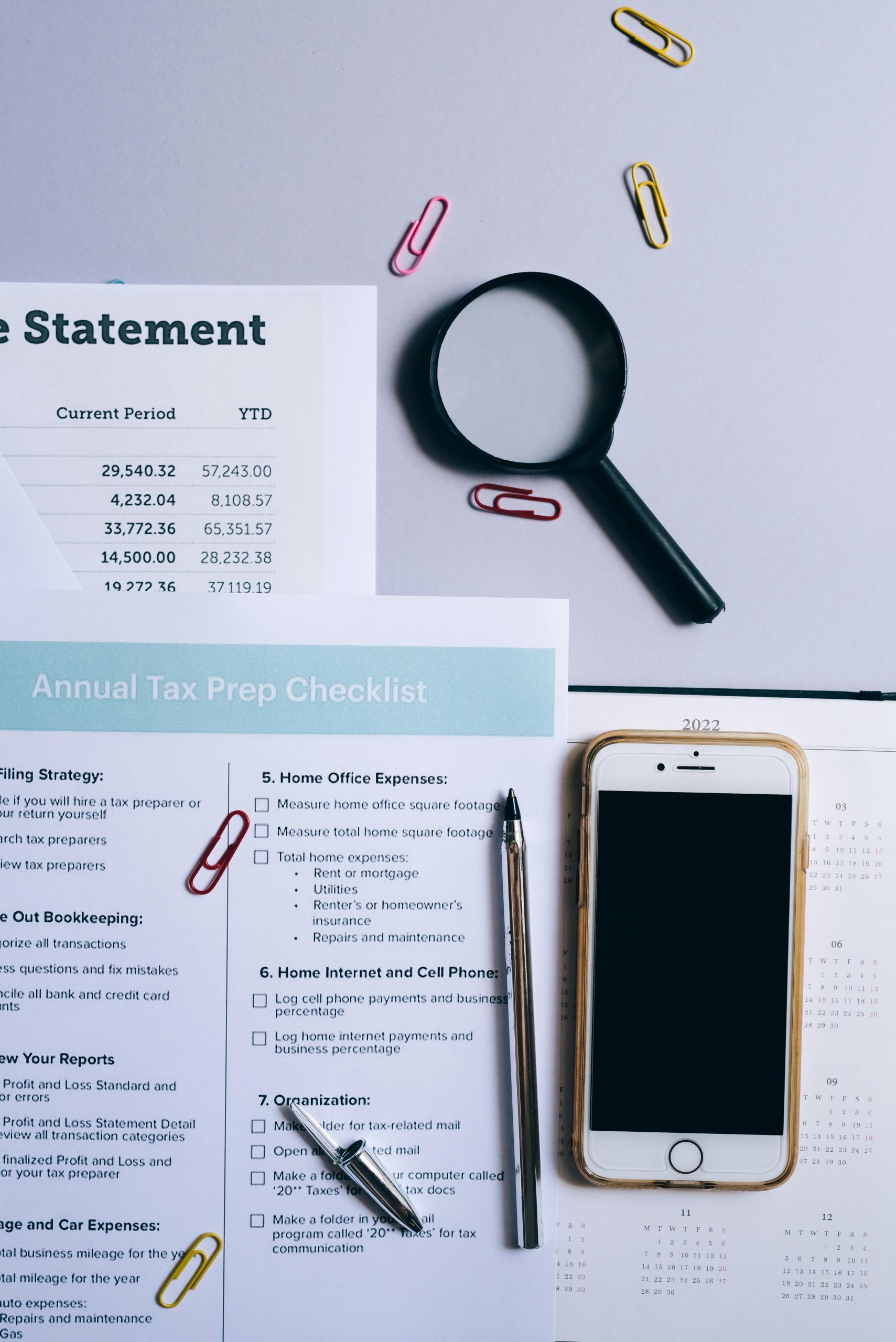The Fine Line Between Ethics and Pragmatism in Business Education
In the realm of professional development, especially in roles designed for mentorship, we oftentimes find ourselves navigating complex situations that test our ethical boundaries. A recent experience from my time volunteering with a Junior Achievement team highlighted just how easily these challenges can surface, blending humor with an unexpected moral dilemma.
As part of this initiative, a handful of second- and third-year associates teamed up to guide a group of high school students in establishing a mini-business. Our chosen venture? Selling fruit baskets. The students would procure the fruit in bulk, assemble the baskets, and deliver them to local customers. On paper, it looked straightforward. However, things quickly got complicated when we encountered the rules set forth by Junior Achievement, particularly the stipulation that the business could not incur any debt.
At first glance, this restriction made sense as a safety measure for the organization. Yet in practice, it presented a conundrum: how could we purchase the necessary fruit without any immediate funds, and how could we raise those funds without taking on some form of liability? The answer, as we discovered, lay in an unconventional approach: we asked customers to prepay for their fruit baskets. This method allowed us to secure the necessary capital upfront, which is typically a common practice in the business world.
But here’s where the situation turned comical—and perhaps a bit ethically questionable. As part of our responsibilities, we were tasked with preparing weekly financial reports to be submitted to the Junior Achievement office. Had these reports accurately reflected our cash collections and deferred revenue, we would have likely faced some serious scrutiny from the organization.
Instead of revising our approach or being transparent, we found ourselves crafting two sets of financial records: the “real” books that documented actual transactions and a second set that we submitted for review, effectively designed to pass the proverbial Audit. Even more bewildering was the fact that the students we were mentoring became complicit in this double-entry system.
After a few weeks of maintaining these parallel records, we had a moment of realization: we were indeed keeping two sets of books. With only a few weeks left in the project, our team decided to continue down this path, recognizing that it was working—albeit in a way that danced on the edge of ethical behavior.
In reflecting on this experience, it raises thought-provoking questions about the nature of ethics in business. While we navigated these challenges to achieve our goals, we also demonstrated the complexities

No responses yet